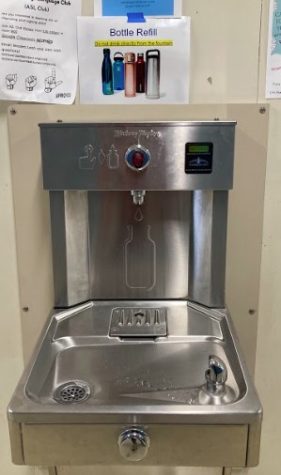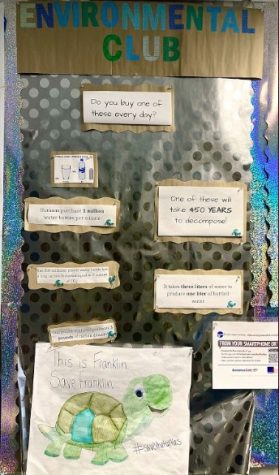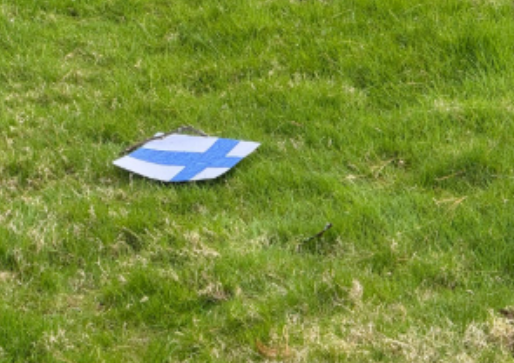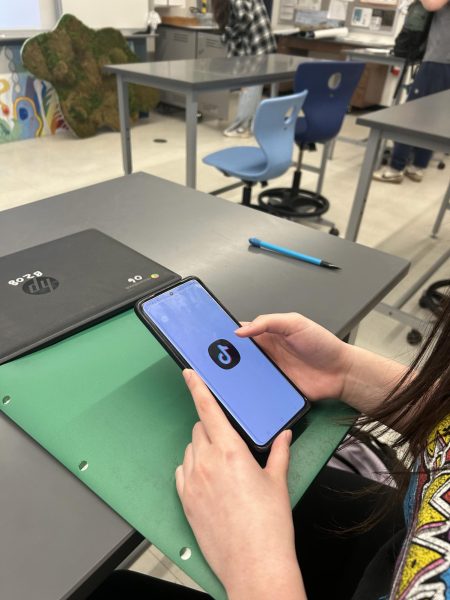Plastic bottles: A threat.
The world has an alarming plastic bottle problem that all humans need to be aware of because the problem is increasing exponentially.
Plastic bottles are the most common type of marine debris. Plastic bottles are single-use plastic products, which are often used for once and discarded. According to data from Euromonitor International’s global packaging trends report ,as of 2017, on a global scale a million plastic beverage bottles were purchased every minute. Today, plastic bottles and jars represent about 75 percent of all plastic containers.
According to data published by Beverage Market cooperation, 15 billion gallons of water was sold on plastic bottles. The market production and public consumption of plastic bottles has risen exponentially since the discovery of plastic bottles.
The positive aspect of plastic bottles is that plastic bottles used for soft drinks and water are made from polyethylene terephthalate (PET),a form of plastic which can be easily recycled. But as their use is growing across the globe, efforts to collect and recycle the bottles is becoming tougher everyday.
As we fail to recycle, reduce and rescue plastic bottles it will be causing negative impacts on various sectors of our ecosystem.


Plastic bottles also contain BPA, a chemical compound which gives plastic its hard and compact shape. This chemical compound is an endocrine disruptor which is unsafe for human use. “Exposure to BPA is a concern because of the possible health effects on the brain and prostate gland of fetuses, infants and children. It can also affect children’s behavior. Additional research suggests a possible link between BPA and increased blood pressure, type 2 diabetes and cardiovascular disease,” says Dr. Bauer when asked about BPA and its effect on human health .
Plastic bottles not only impact humans but also marine life. Marine life falls prey to this problem on a daily basis. Animals like whales and dolphins are falling prey to plastic, thousands of these animals fall prey to plastics as they get entangled in them or consume it mistaking it for food. Researchers at Commonwealth Scientific and Industrial Research Organization (CSIRO) in Australia found that a turtle had 1,000 sea turtles die due to plastic ingestion, causing some of the species to become endangered.
When asked about how we could reduce bottle use Josh Burr, a senior at Hall High school, said
“I recently went to Cape Cod, they had vending machines with water but they were in a metal cup like structure, I think it is a good initiative and easier to recycle.”
Beverage companies have promised to use more recycled bottles in manufacturing, which will reduce the production of new resin and boost recycling numbers by adding value to bottle recovery. Along with that many countries have taken steps to recycle as they have installed recycling stations at major places.





